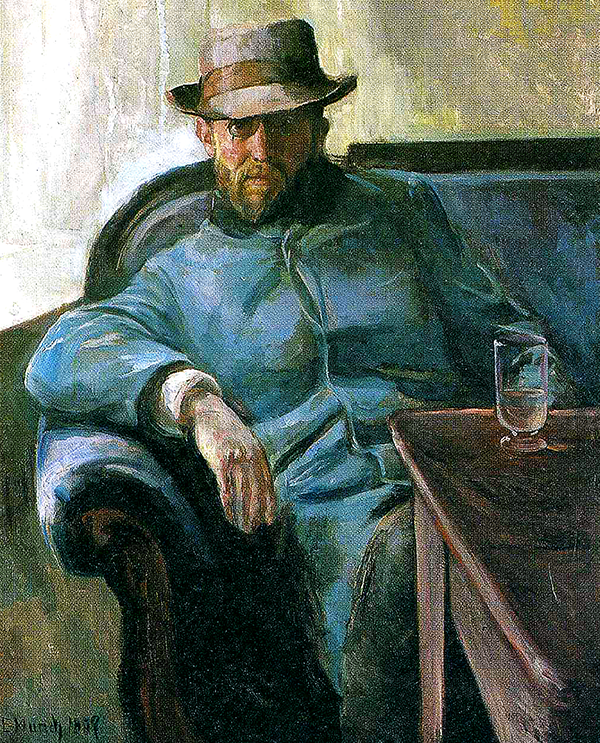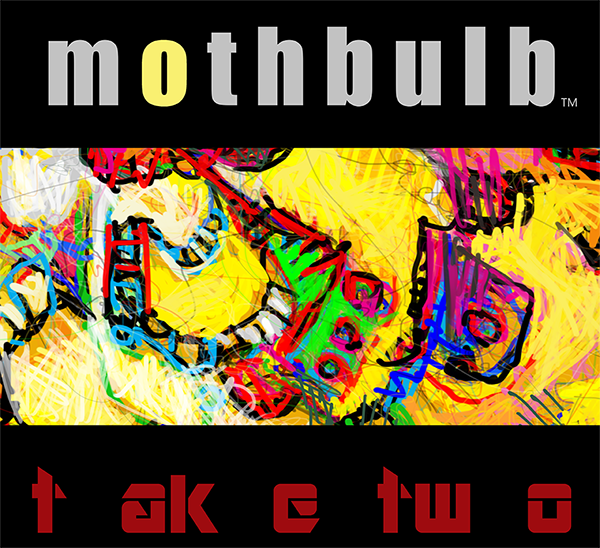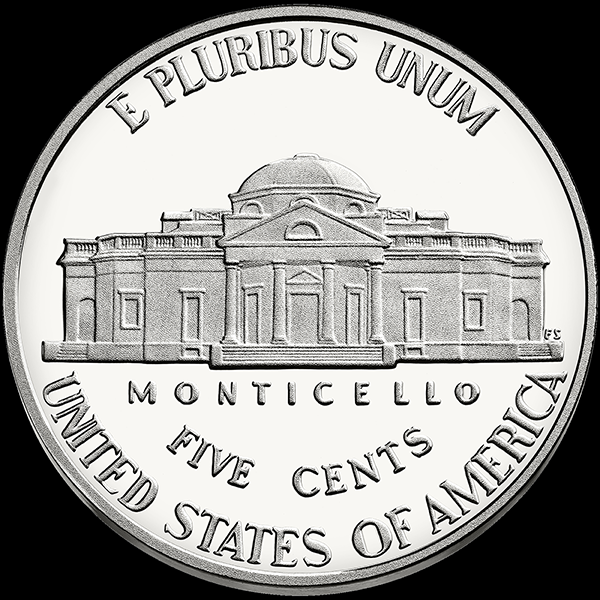The Mayflower drops anchor in Plymouth Harbor, unloading 102 immigrants near Cape Cod in 1620 after ten grueling weeks at sea. It was November 21, and the first of these English Puritans were not well prepared for the New England winter about to greet them.
Adventurers and tradesmen were among the passengers let off at Plymouth Rock. On the day of their arrival they signed the Mayflower Compact - rules for governance to insure functioning social order.
Puritans shaped the northeast with their rigorous moralizing and their skill at building institutions of learning, with schools like Harvard and Yale. At a time when England had two universities the colonies already had over twenty.
Here is a ticket to revivalist Jonathan Edwards. He was recognized as one of America's top protestant intellects and had just assumed the presidency of Princeton College when he died from his smallpox inoculation.
In 1607 the Virginia Company of London founded Jamestown, a fortified settlement atop a mosquito infested swamp with poor prospects for farming. Most of its inhabitants died that first year but, with help from the local tribe, it survived to become England's first permanent settlement in North America.
Tobacco was the cash crop that brought investment money to the Virginia colony. Between the years 1600 - 1766 the American colonies had the world's fastest growth rate - twice that of mother England - fueled by a vast continent of untapped wealth.
The People of the Longhouse, Iroquois, were the indigenous people of the northeast United States. Among this confederacy of five nations were the Seneca and Mohawk tribes.
Benjamin Hawkins was tasked with persuading the Creek and Cherokee people of the southeast to open up their vast hunting tracts of land to European immigrant development in exchange for having their own small farm. What was referred to as the "Indian Problem" in the 1790s would remain an ongoing issue as settlers pushed west through tribal lands until reaching the Pacific Ocean.
Seneca chief Cornplanter allied his tribe with the British in both the French and Indian War and the Revolutionary War. Later he briefly welcomed Quakers to educate his people but their adverse reaction to this westernization caused him to scrap the experiment and return his tribe to traditional beliefs and values.
New Amsterdam was too valuable a location for the Dutch to defend from the covetous British. The greatest natural port on the east coast would now be known as New York.
The drink of choice in most any colonial tavern was rum. Beer and hard cider were also popular. Benjamin Franklin published a "Drinker's Dictionary" in his Pennsylvania Gazette that listed 228 slang terms used to describe drunkenness in Philadelphia.
Three thousand miles protected a young United States from a querulous Europe. Besides being a rich fishery for the eastern seaboard, the Atlantic Ocean provided for efficient, albeit dangerous, trade routes to world markets.
Boston was one of only three colonial cities having a population of over fifteen thousand citizens. The other two, Philadelphia and New York, both had populations well under a hundred thousand. London, on the other hand, had over three quarters of a million inhabitants ...where muddy ditches qualified as an urban sewage system.
The old Tun (Beer Keg) Tavern in Philadelphia was commissioned by the Second Continental Congress to raise two battalions of Marines with Robert Mullan, the tavern's manager, named chief Marine Recruiter. The date of the first recruit, 10 November 1775, remains today as the Corps' official birthday.
Near the outbreak of the Revolutionary War the Continental Congress printed $242 million in currency that was used by Washington to feed and arm his army. The value of the note steadily declined over the course of the war until, by 1780, it had lost nearly all its value, or as people were wont to say, "It wasn't worth a Continental."
Whaling was big business through much of the 19th century with New Bedford, Massachusetts homeport to many in the fleet. The demand for whale oil, though expensive, was insatiable. Gideon Allen & Sons, whalers, had a return each year of sixty percent on their investment.
Thomas Jefferson saw himself the Revolution's natural leader having authored the Declaration of Independence. Still he was often of the mind to bury himself in his books at his Monticello mountaintop home in Virginia. He would always be runner-up to Alexander Hamilton in Washington's estimation when it came to companionship and ideas about the future.
Whereas Hamilton imagined a future America of dynamic commerce and industry, Jefferson placed his faith in the yeoman farmer - someone with the integrity to protect the workings of republican democracy. Jefferson wanted to preserve an agrarian nation while Hamilton's priorities made this reality a sideshow.
The North, funded by a Hamiltonian Wall Street, developed into an industrial region. In contrast, the South rode its prosperity in cotton trade into an ever increasing slave economy. There undoubtedly would have been little tolerance given to the idea of owning people as property were it not for the racial element.
What free man would willingly work the open fields in the South's sweltering heat? Who would rejoice in being denied basic rights to an education or the relationship of marriage? Imagine the devastation of having a loved one sold down the river, never to be heard from again. There are a good many reasons to be a fugitive from this racist form of capitalism.
As president of the United States you certainly want to always look your best. What better way to charm your guests at the next gala reception than with this winsome smile of finely crafted wooden teeth. To be sure Washington found his teeth challenging.
Americans were considered the richest people on Earth in 1776, with an average individual's income being $4.71 a day in 2017 dollars. Settlers were two to three inches taller than their European counterparts. Women in North America had a significantly higher birthrate, as well. However rustic frontier life may be it was still better than European peasantry.
It was a hard slog for most people living off the land. Besides growing their own food, they spun their own cloth, made the clothes on their back, cobbled their shoes and boiled soap from animal fat.
Politics is a calling in a democracy. People come to know who you are and what it is you stand for. If you are any good as a politician your argument only gets better with every telling.
Alexis de Tocqueville, aristocrat and diplomat is best known in the United States for his two volume political study titled, Democracy in America, first published in 1835. It remains in print to this day as a political science classic.
Celebrating America's first locomotive, an import from Great Britain. Yankee industrialists took this opportunity to reverse engineer the steam locomotive and soon the States would have a speedy rail-bound contraption of its own.
love
dad
© Tom Taylor
coldValentine









































































